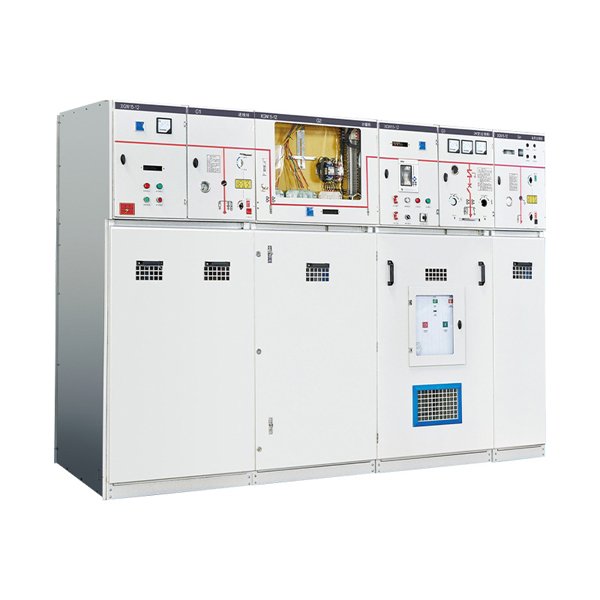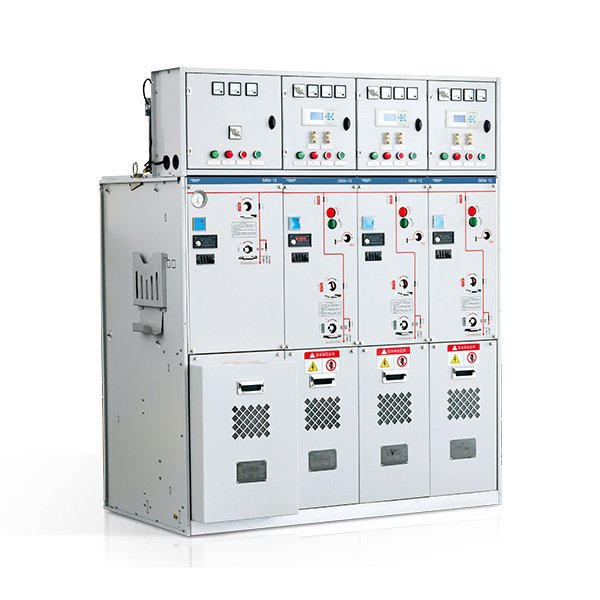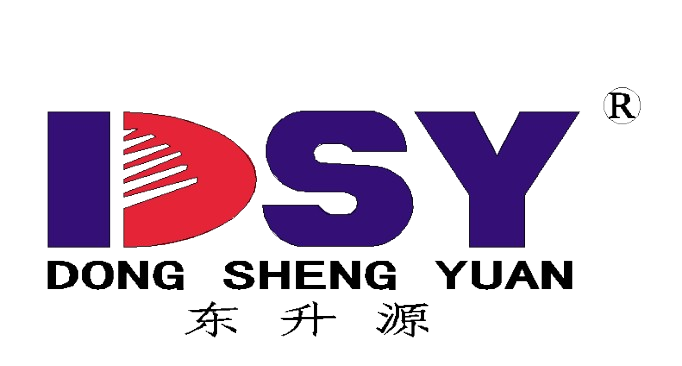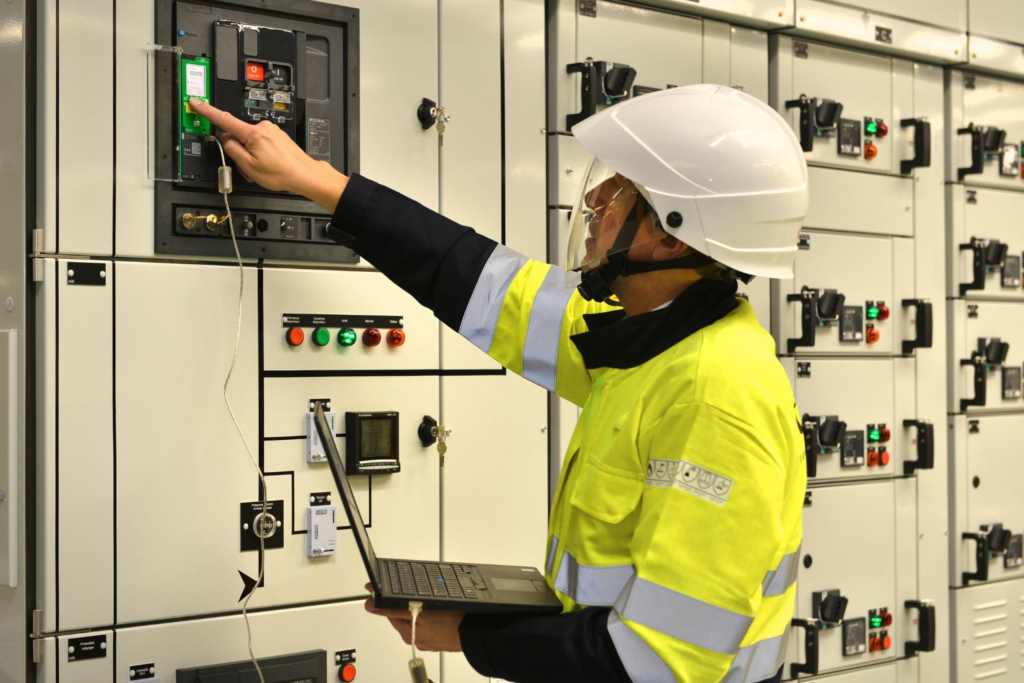1.Introduction
Medium voltage (MV) switchgear is critical for managing power distribution between 1kV and 36kV. For industrial buyers and engineering managers, understanding its structure, function, and procurement risks is essential to prevent outages, ensure operator safety, and reduce long-term operational costs. This article provides a complete guide to MV switchgear—what it is, how it works, and how to choose the right solution for your specific environment.

2. Main Content
2.1: What Is Medium Voltage Switchgear?
2.2: Definition and Voltage Range
Medium voltage switchgear includes equipment designed to switch, control, and protect electrical circuits operating within the 1–36kV range.
2.3: Common Components
-
Circuit breakers (Vacuum, SF₆)
-
Current and voltage transformers
-
Protective relays
-
Busbars and cable compartments
-
Earthing and interlocking systems
2.4: Typical Applications
-
Power utilities and substations
-
Industrial manufacturing plants
-
Mining and oil & gas sectors
-
Railways and transportation infrastructure
3: Types of Medium Voltage Switchgear
| Type | Insulation Method | Typical Use Case | Key Advantage |
|---|---|---|---|
| Air-insulated (AIS) | Air | Indoor substations, industrial plants | Economical, easy to maintain |
| Gas-insulated (GIS) | SF₆ gas | Space-limited or harsh environments | Compact, high safety margin |
| Vacuum switchgear | Vacuum interrupter | High-switching frequency environments | Long lifespan, minimal arc |
3.1: Key Benefits for Procurement Managers
| Benefit | Impact on Procurement |
|---|---|
| High Reliability | Reduces unplanned downtime and maintenance costs |
| Compact Footprint | Fits into constrained facility layouts |
| Safety Interlocks | Prevents arc flash and operational hazards |
| Modular Design | Simplifies upgrades or replacements |
| Global Standards Compliance (IEC 62271) | Ensures regulatory alignment for international projects |

4: Key Selection Criteria for Industrial Projects
4.1: Voltage & Current Ratings
Ensure the switchgear matches your load requirements and short-circuit capacity.
4.2: Installation Environment
Choose GIS for harsh, space-constrained environments; AIS for budget-conscious indoor use.
4.3: Maintenance Strategy
Evaluate if your operations require maintenance-free designs or easily serviceable modular structures.
4.4: Standard Compliance
Check for IEC, ANSI, or local compliance to avoid regulatory risks.
4.5: Supplier Reliability
Assess vendor support, technical documentation, and availability of spare parts.
5. Conclusion
Medium voltage switchgear is more than a technical component—it’s a strategic investment that impacts uptime, safety, and total lifecycle cost. By understanding the different types, applications, and procurement factors, industrial buyers can make informed, risk-mitigated decisions that ensure long-term system performance.
6. CTA
Looking for reliable medium voltage switchgear for your industrial project?
contact us technical team to request specifications, get a custom quote, or book a free consultation.





